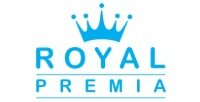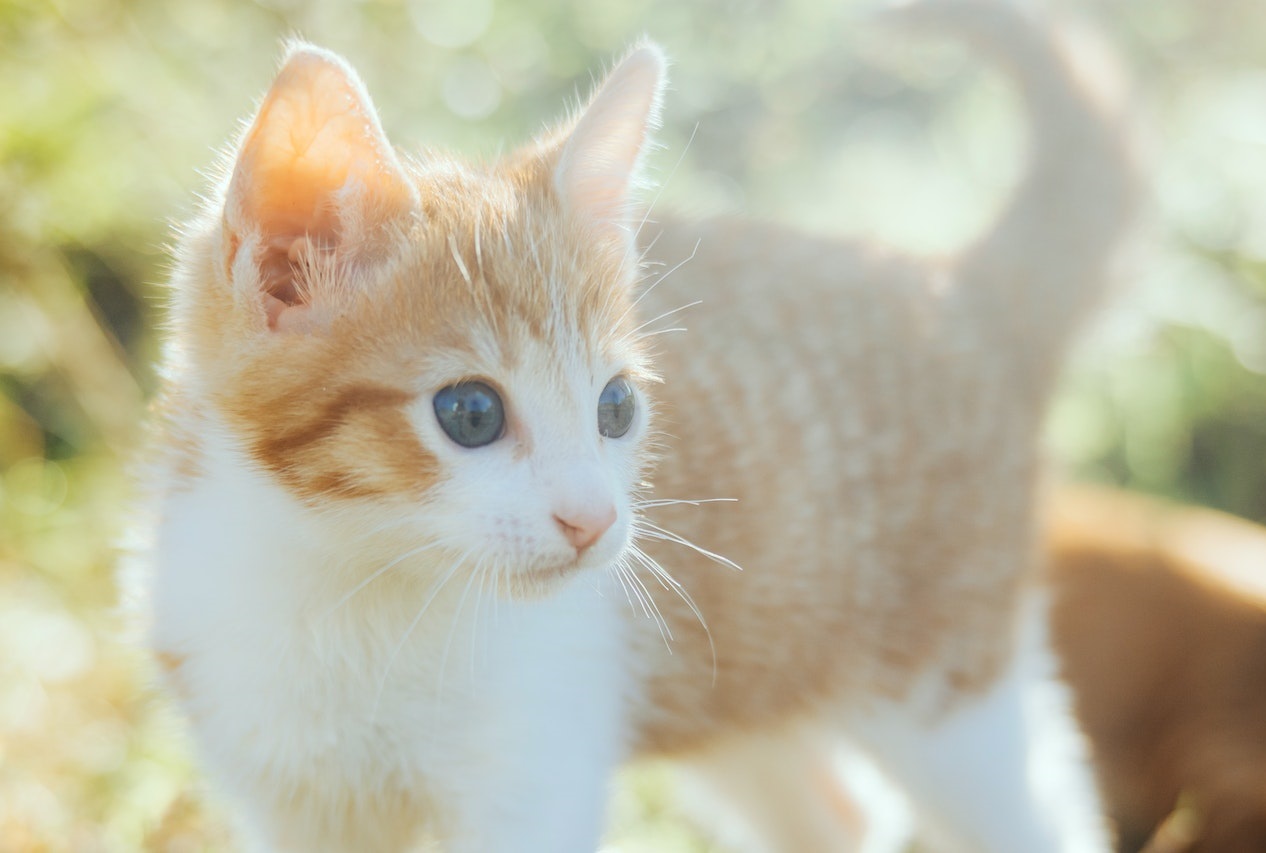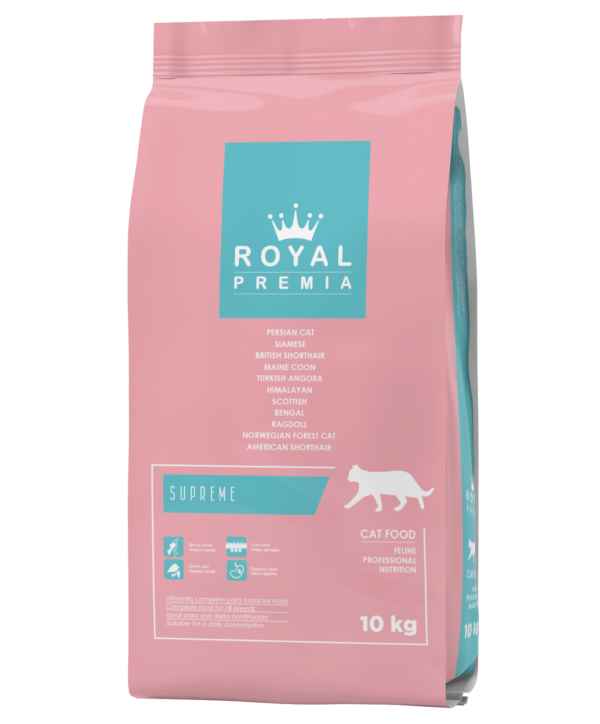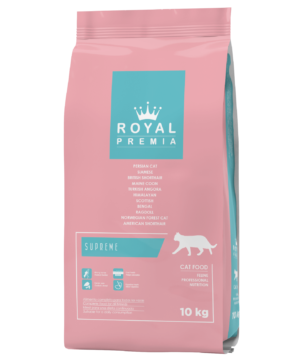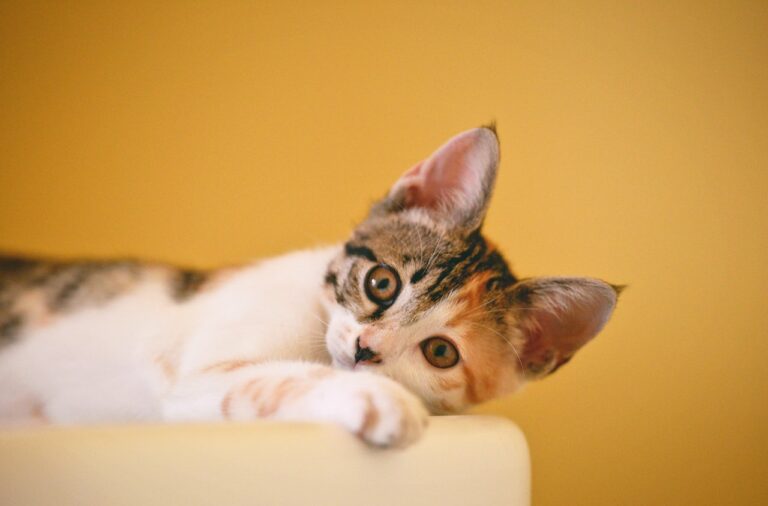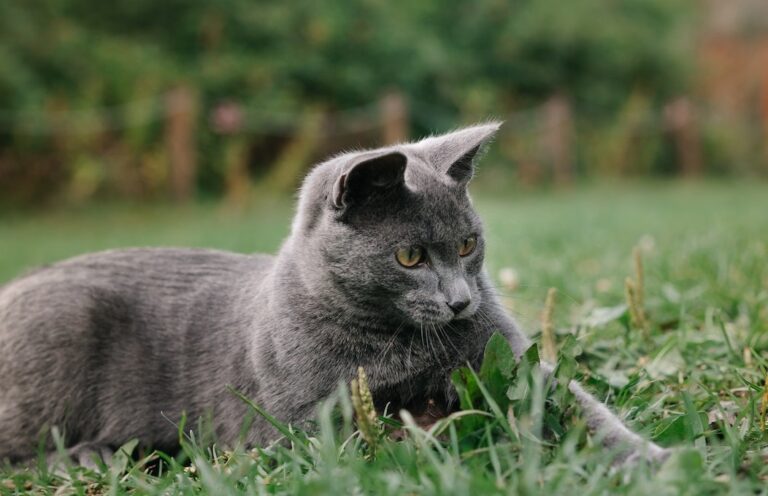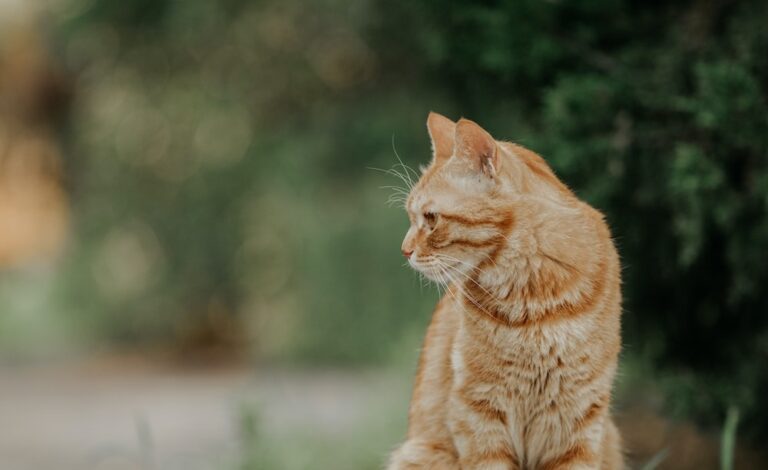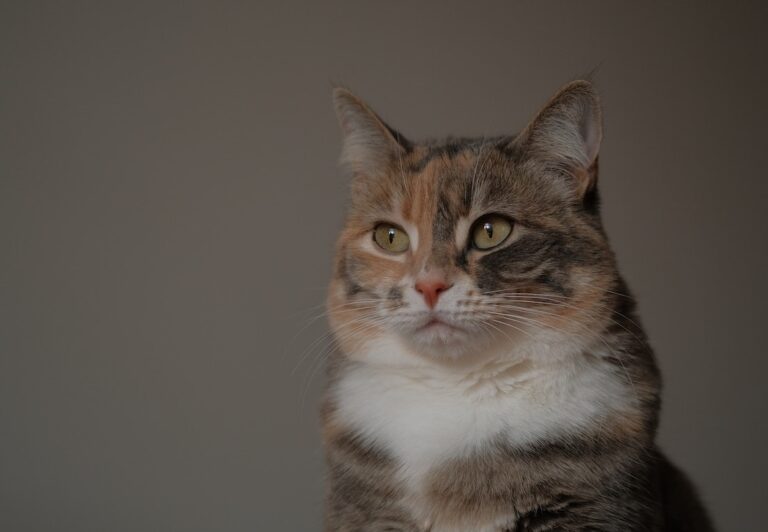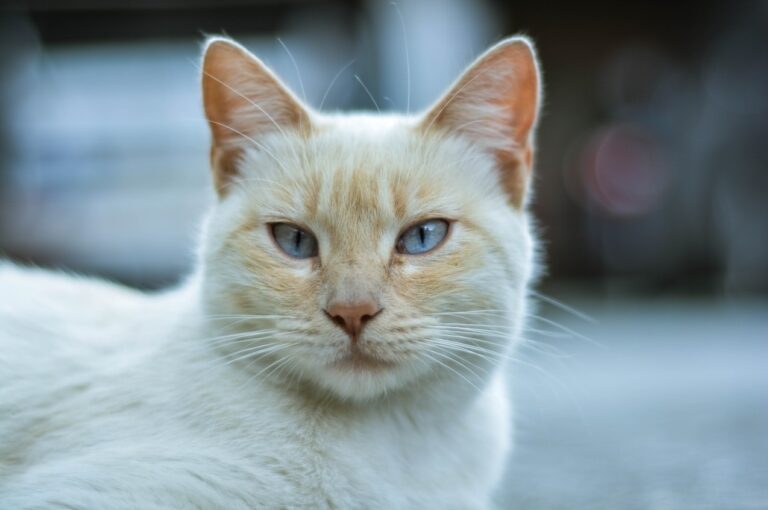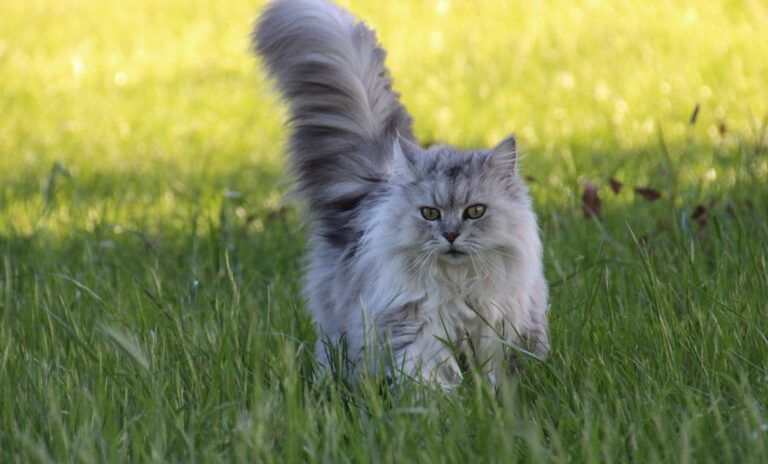Feeding Schedule and Portion Sizes for Kittens and Cats
Proper nutrition is essential for the health and well-being of your feline companions. Whether you have a fully grown cat or a playful little kitten, establishing a suitable feeding schedule and portion sizes is crucial.
This will provide you with practical guidelines on how often and how much to feed your cat or kitten per day, ensuring their dietary needs are met.
Understanding the Basics
Before diving into the specifics, it’s important to remember that individual cats and kittens may have unique dietary requirements based on factors such as age, weight, activity level and overall health. Always consult with your veterinarian for personalized feeding recommendations.
Feeding Schedule for Kittens
Kittens require more frequent meals due to their higher energy needs for growth and development. They should be fed 3-4 times a day until they reach about six months of age. After that, you can transition them to an adult cat feeding schedule.
Feeding Schedule for Cats
Cats are typically fed 2-3 times a day, although free-feeding (leaving food available at all times) can also be an option for some cats. Establishing a consistent feeding routine helps promote healthy digestion and prevents overeating. Split the daily recommended portion into several smaller meals throughout the day.
Determining Portion Sizes
The ideal portion size for your cat or kitten depends on various factors. Start by following the guidelines provided on the cat food packaging, which often suggest portion sizes based on the cat’s weight. Monitor your pet’s body condition and adjust the portions accordingly to maintain a healthy weight. Overfeeding can lead to obesity, while underfeeding can cause nutritional deficiencies.
Balanced Diet
Cats are obligate carnivores, meaning they require meat-based protein for optimal health. Choose high-quality commercial cat or kitten food that meets. These diets are formulated to provide the necessary nutrients, vitamins, and minerals your feline companion needs.
Treats and Extras
While cat treats can be a delightful way to bond with your cat or kitten, they should be given in moderation. Treats should not make up more than 10% of your pet’s daily caloric intake.
Water Availability
Always ensure a fresh and clean water source is readily available for your cat or kitten. Hydration is vital for their overall health, especially if they consume dry cat food. Monitor water intake to ensure they are adequately hydrated.
Conclusion
Establishing a consistent feeding schedule and portion sizes based on your cat or kitten’s needs is vital for their overall health and well-being. Regular veterinary check-ups will help ensure that your feline companion is on the right track.
Remember, each cat is unique, so consult with your veterinarian for personalized advice tailored to your pet’s specific requirements.
Royal Premia Cat Food
-
Basic Adult Dry Cat Food 2kg and 10kg All Breeds
-
Supreme Dry Cat and Kitten Food 2kg and 10kg All Breeds
Frequently Asked Question
What if my cat or kitten is a picky eater?
If your cat or kitten is a picky eater, there are a few strategies you can try. You can experiment with different flavors and textures of cat food to find what they prefer. You can also try warming the food slightly or adding a small amount of low-sodium broth to enhance the aroma and make it more appealing. If the issue persists, consult your veterinarian for further guidance.
Should I feed my cat or kitten the same food throughout its life?
As your cat or kitten grows, their nutritional needs may change. It is important to select an appropriate diet for their life stage, such as kitten food for growing kittens and adult cat food for fully grown cats. Additionally, if your cat develops specific health issues, your veterinarian may recommend a specialized diet.
Are there any feeding considerations for senior cats?
Senior cats may have specific dietary needs due to age-related changes, such as decreased activity levels and potential health conditions. It is recommended to consult with your veterinarian for guidance on selecting an appropriate senior cat food and adjusting portion sizes to meet their changing needs.
